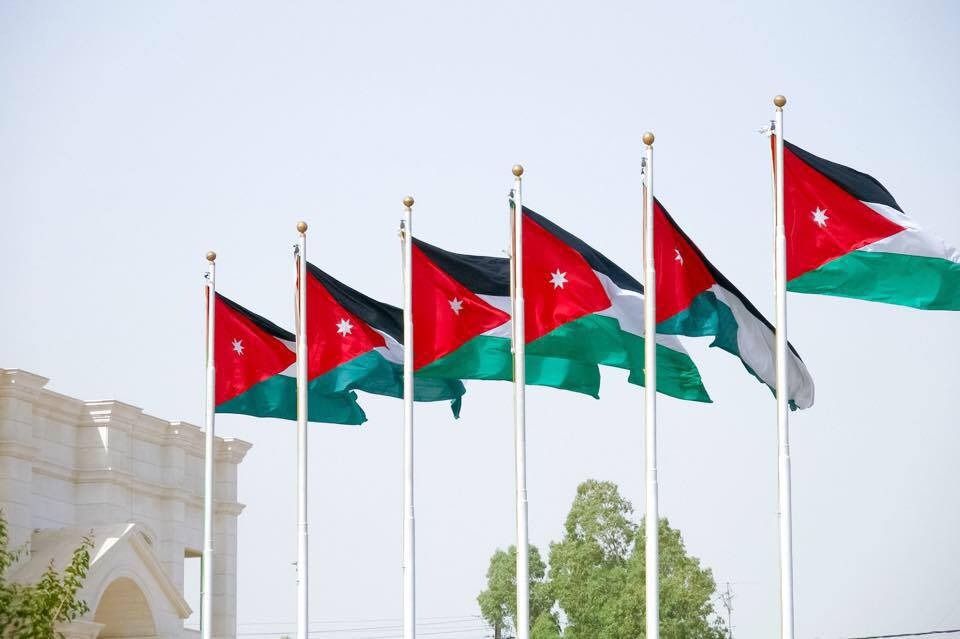- Local News
- Friday-2024-11-15 | 08:16 pm

Nayrouz News Agency :
At the climate conference presently taking place in Baku, the capital of Azerbaijan, Jordan's climate demands were discussed in talks with the ministers of Energy and Mineral Resources, Saleh Kharabsheh; Environment, Muawiyah Radaideh; and Planning and International Cooperation, Zeina Touqan.
With an emphasis on improving Jordan's capacity to adapt to climate change and draw in investments for sustainable development initiatives, the ministers spoke with Pradeep Kurukulasuriya, Executive Secretary of the United Nations Capital Development Fund (UNCDF), about ways to strengthen collaboration to support the country's development needs and lower emissions.
In addition to the Fund's role in offering technical assistance to reduce financial risks and provide a thorough financing framework, the discussion also covered Jordan's advancements in the field of renewable energy and the Fund's plans for expanding financing. In keeping with the goals of the Economic Modernization Vision and the Climate Investment and National Adaptation Plans, the emphasis was also on creating green investments and empowering women and youth in Jordan.
The main climatic issues, population growth, and strategies to improve future collaboration on adaptation goals in Jordan were discussed in a second meeting with Mikko Ollikainen, the Director and President of the Adaptation Fund. Additionally, strategies to expand the Fund's assistance to Jordan were also discussed.
In the same vein, the Minister of Environment and the Minister of Planning and International Cooperation took part in the Sixth Ministerial Dialogue on Climate Finance, which sought to assess how well the goal of raising $100 billion a year between 2020 and 2025 to aid developing nations in their efforts to mitigate and adapt to climate change was being met.
In Jordan's speech, Minister Toukan emphasized the need to use innovative tools to increase climate finance, particularly concessional financing for developing countries. She also emphasized the need to distinguish between climate finance and development aid when calculating international contributions and the significance of striking a balance between funding emission mitigation and climate adaptation projects, particularly in developing nations and the most vulnerable communities.
Touqan also emphasized the significance of creating a cutting-edge climate finance system and attaining efficient governance through programs like the Climate Investment Finance Mobilization Plan, Green Bonds Instructions, and the Green Finance Strategy.









